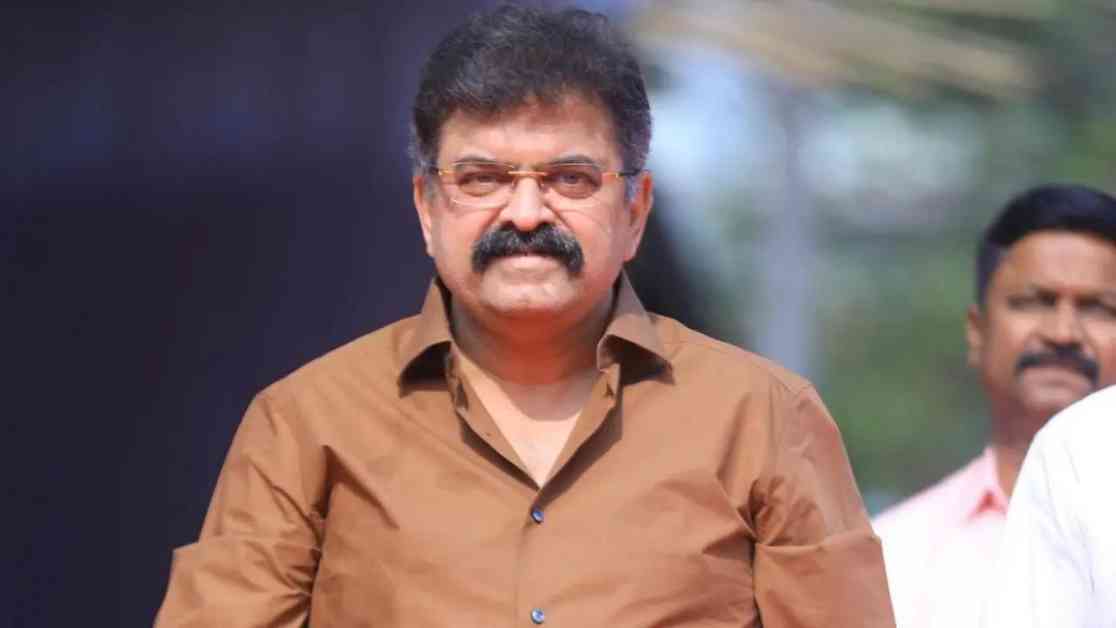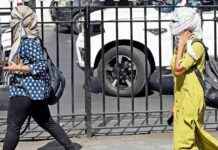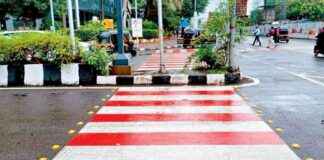Nationalist Congress Party (Sharadchandra Pawar) leader Jitendra Awhad found himself in the spotlight on Friday as he objected to a plainclothes police officer recording his press conference. The incident, which occurred at the former state housing minister’s residence in Thane, left Awhad visibly upset and questioning the motives behind the surveillance, according to news agency PTI reports.
Awhad wasted no time in detaining the officer, accusing the BJP-led Maharashtra government of monitoring the opposition’s activities closely. The legislator’s ire was directed at the police’s intrusion into his private space during the press conference, demanding an explanation for the unwarranted surveillance. It was revealed that the officer was from the Special Branch of Thane Police, adding fuel to Awhad’s concerns about the government’s intentions.
Jitendra Awhad’s Stand
During the press conference, Awhad expressed his dismay at the police’s actions, questioning the need for such vigilance on opposition leaders instead of focusing on more pressing matters. His reference to the arrest of Walmik Karad, a key figure in an extortion case related to a murder in Beed district, shed light on the broader implications of the government’s priorities.
Raising the Stakes
In a bold move, Awhad refused to release the officer until senior officials provided clarification on the incident, highlighting his commitment to transparency and accountability. After a phone conversation with a senior official, Awhad allowed the policeman to leave, but not without making a strong statement about the intrusion on his privacy.
Expert Commentary
Meanwhile, Shiv Sena leader Sanjay Raut commended Chief Minister Devendra Fadnavis for his efforts in addressing Naxalism in Gadchiroli district. Raut’s words of praise underscored the importance of government initiatives in promoting peace and development in conflict-affected regions.
In a surprising turn of events, Raut’s support for Fadnavis signaled a rare moment of bipartisan appreciation for positive governance actions. The spotlight on Gadchiroli’s transformation and the surrender of Naxalites highlighted the potential for progress and stability in the region.
As political tensions continue to simmer, the actions and reactions of key players like Awhad and Raut serve as a barometer of the evolving landscape of Maharashtra politics. The intersection of surveillance, accountability, and development underscores the complexities of governance and the delicate balance between security and civil liberties.




















